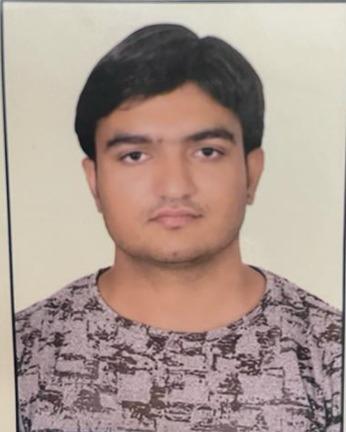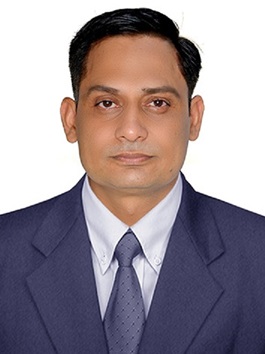About
The Department of Computer Engineering was established in 2007 with the vision to create an environment fostering new ideas, research, and technological advancements, preparing tomorrow's technocrats and innovators to meet global challenges. Over the years, the Department of Computer Engineering (CS) at PIET has achieved significant success and numerous accolades.
In 2017-18, the Department earned accreditation from the National Board of Accreditation (NBA), a status that extends through the 2023-24 academic session. This recognition places the department among the elite in India, confirming its adherence to best practices and benchmarks in engineering. This achievement is attributed to dedicated mentors and talented students. The department boasts a strong faculty, with all members holding M. Tech degrees and 40% possessing PhDs. This commitment to outcome-based education and a results-oriented approach attracts top students from within and outside the state. Currently, 642 students are enrolled in the department, maintaining an admission rate consistently above 95% since its inception.
The department is well-equipped with thirteen computer labs, nine classrooms, two electronics labs, and nineteen faculty rooms, including a state-of-the-art online lab for testing and R&D. Known as the largest and most responsible department in the college, it consistently achieves high and encouraging results, converting student efforts into strong job placements.
The Department has the highest placement rate at PIET, with increasing percentages each year. Graduates secure positions at major IT firms like Infosys, TCS, Capgemini, IBM, Evolphin, Nagarro, and Appirio. To maintain its reputation as a consultancy and process management source, the department encourages students to develop innovative projects using cutting-edge technologies. Students work on projects from their first year in fields such as machine learning, cloud computing, data science, big data, Salesforce, IoT, image processing, and industry-oriented projects using PHP, Python, and JAVA. The department hosts an annual project exhibition, “PRAKALP,” showcasing around 60 projects developed under the Non-Syllabus Project (NSP) initiative. This initiative engages second and third-year students in real-world projects using Python and PHP, with final-year students also contributing.
The department is recognized for its innovation and research, with approximately 40% of final-year students publishing review and research papers in smart computation and technology. Faculty members also contribute, publishing two papers each annually.
To promote research and development, the department organizes the International Conferences on Smart Computation and Technology (ICSCT). It also conducts technical seminars and research paper presentations under the mentorship of faculty, alumni, and industry experts. Numerous workshops on new trends and technologies, such as artificial intelligence, Python programming, Android programming, and PHP MySQL, are held to bridge the gap between industry and academia. Courses on IBM Business Intelligence, IBM Cloud Computing, IBM IoT, and Machine Learning are offered to keep students abreast of new technologies. Additionally, the department runs student and faculty development programs with the help of alumni and industry experts.
The department prepares students for placements through various initiatives, including placement drives, coding competitions, aptitude tests, and technical sessions by FACE. Students also participate in national competitions like TCS Codevita and Aspiration 2020. The department fosters societal contributions and transparency in academic processes by launching a web portal for marks allocation and home assignment submissions, alongside other software developed by faculty and students. These efforts have earned the department recognition as the most innovative within the Poornima Foundation under the Innovation Excellence Mission, achieving the highest audit marks among all departments. We have been striving hard in this semester to achieve targets of
- Outcome based quality education
- Introducing New Technology Machine learning, Data Science, SalesForce.
- Utilization of Information technology
- Student Driven Department













































